China’s Premier Li Qiang has reaffirmed his country’s commitment to deepening ties with Indonesia, declaring the intent of both nations to promote ‘true multilateralism’ amid a global context marked by rising protectionism and trade frictions. The announcement came during Premier Li’s recent visit to Indonesia, where he met with senior Indonesian officials to discuss cooperation across trade, technology and infrastructure.
The core message from Beijing highlights China’s desire to foster an alternative model of international relations, one that emphasises mutual respect and equal partnerships—principles that both leaders say are central to ‘true multilateralism.’ Premier Li Qiang described this approach as essential to countering unilateralism and economic nationalism, issues that have gained traction as the United States and other Western nations have imposed tariffs and trade restrictions.
In practical terms, the renewed pledge of cooperation between China and Indonesia is expected to result in expanded investment in infrastructure, energy projects, and digital connectivity. Both countries have signalled their willingness to work within regional frameworks such as the ASEAN-led Regional Comprehensive Economic Partnership (RCEP), while also exploring new avenues for collaboration.
This partnership carries significant implications for the Indo-Pacific region, offering a potential counterbalance to Western influence and shaping the discourse on global governance. As both nations seek to strengthen their economic and strategic positions, observers will be watching for tangible outcomes in trade agreements, technology transfer and regional stability.
Context & Background
China and Indonesia have maintained strong bilateral ties for decades, underpinned by trade and investment across infrastructure, technology and energy. In recent years, both nations have navigated a shifting global landscape, marked by rising tensions between major powers and a growing pushback against what is often described as Western-led multilateralism. China has increasingly positioned itself as a champion of trade and cooperation frameworks outside traditional Western institutions, while Indonesia, as Southeast Asia’s largest economy and a key regional leader, has sought to balance its relationships with all major powers. This backdrop has led to intensified diplomatic engagements, with both countries emphasising ‘true multilateralism’ as a counterpoint to protectionism and economic nationalism.
Discover More
In This Story
Li Qiang
Premier of the State Council of the People’s Republic of China, responsible for overseeing the country’s government operations and economic policy.
Indonesia
Republic of Indonesia is the world’s largest archipelagic state and Southeast Asia’s largest economy, playing a key role in regional diplomacy and trade.
China
People’s Republic of China, the world’s second-largest economy and a major global player in trade, technology and infrastructure development.

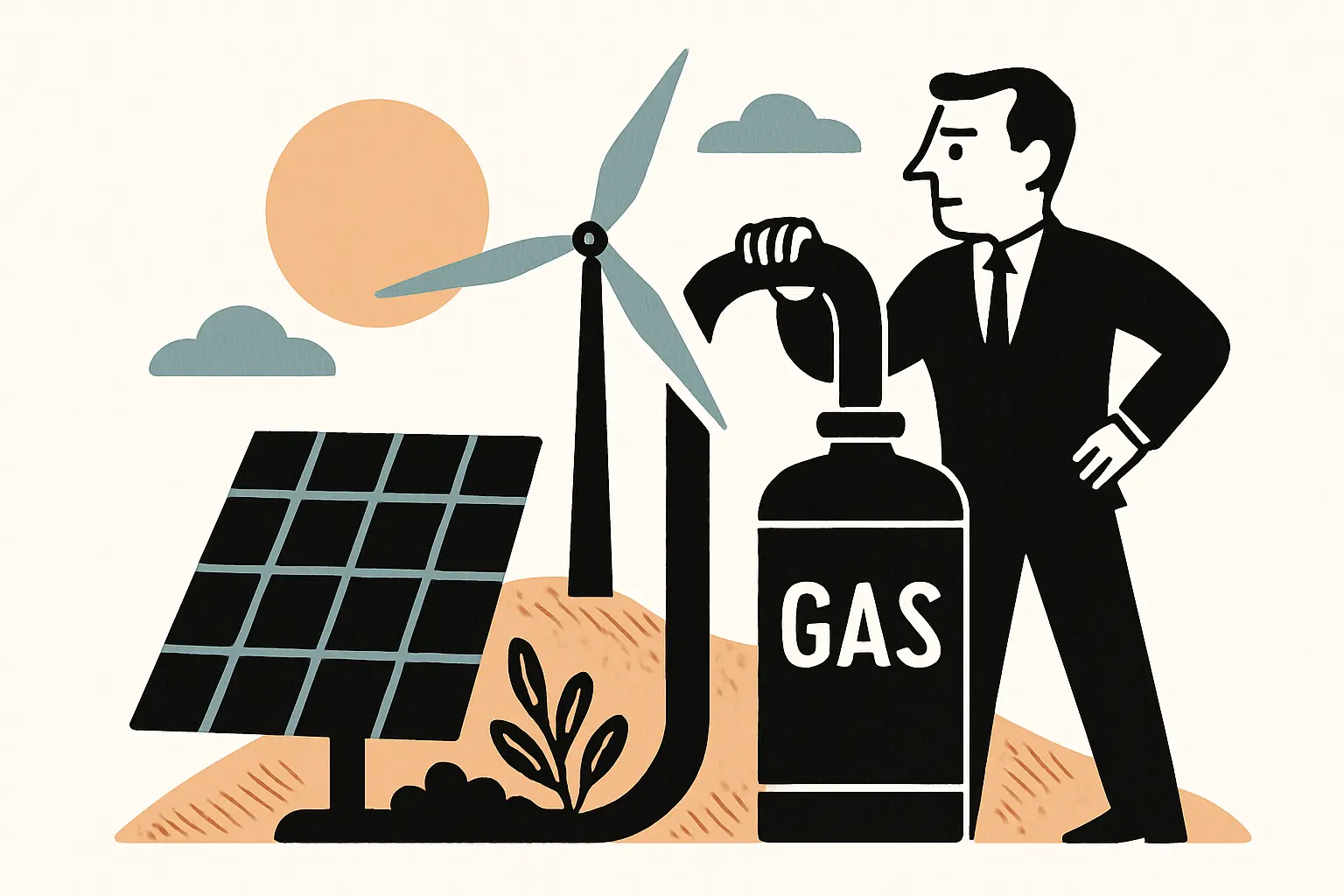
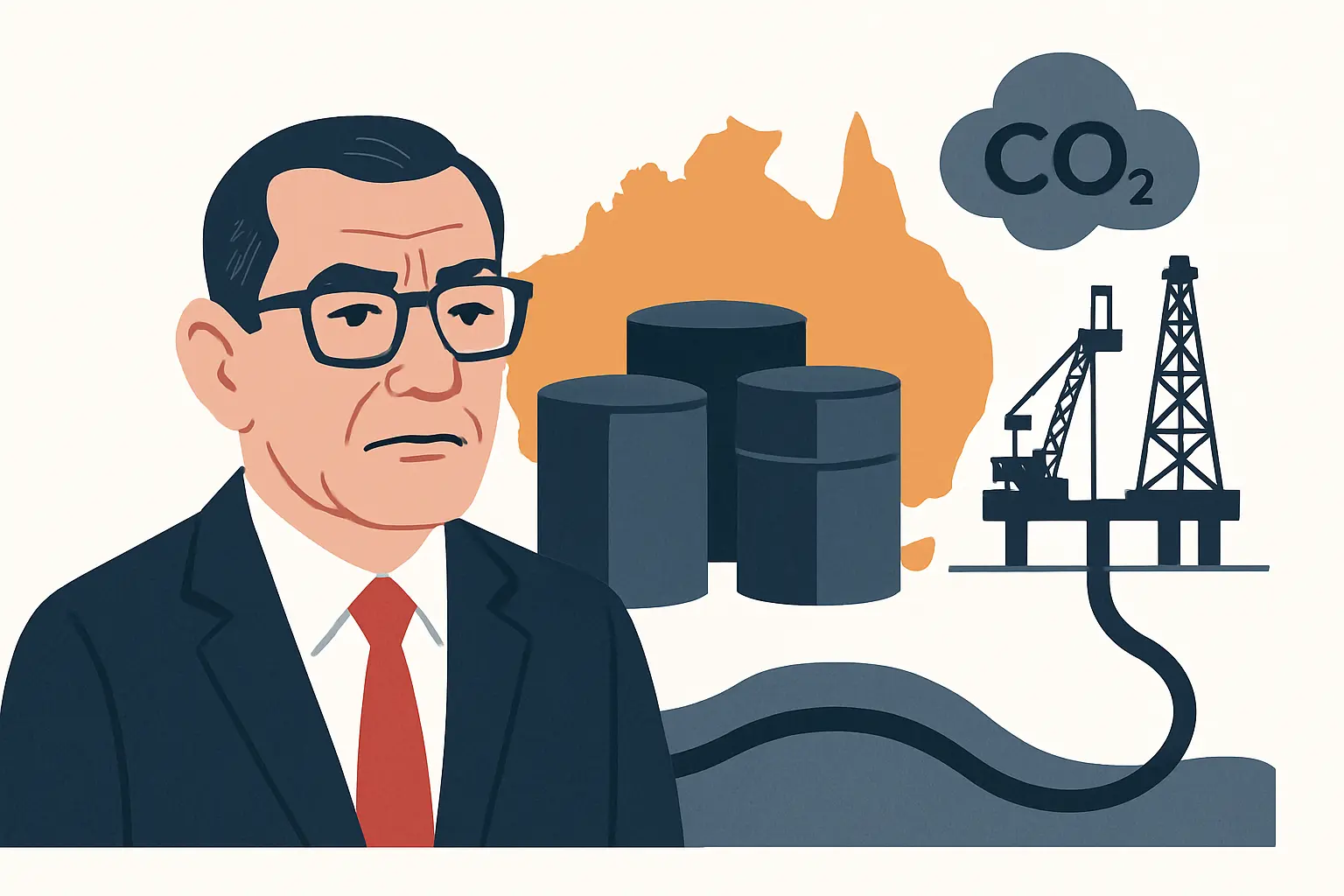
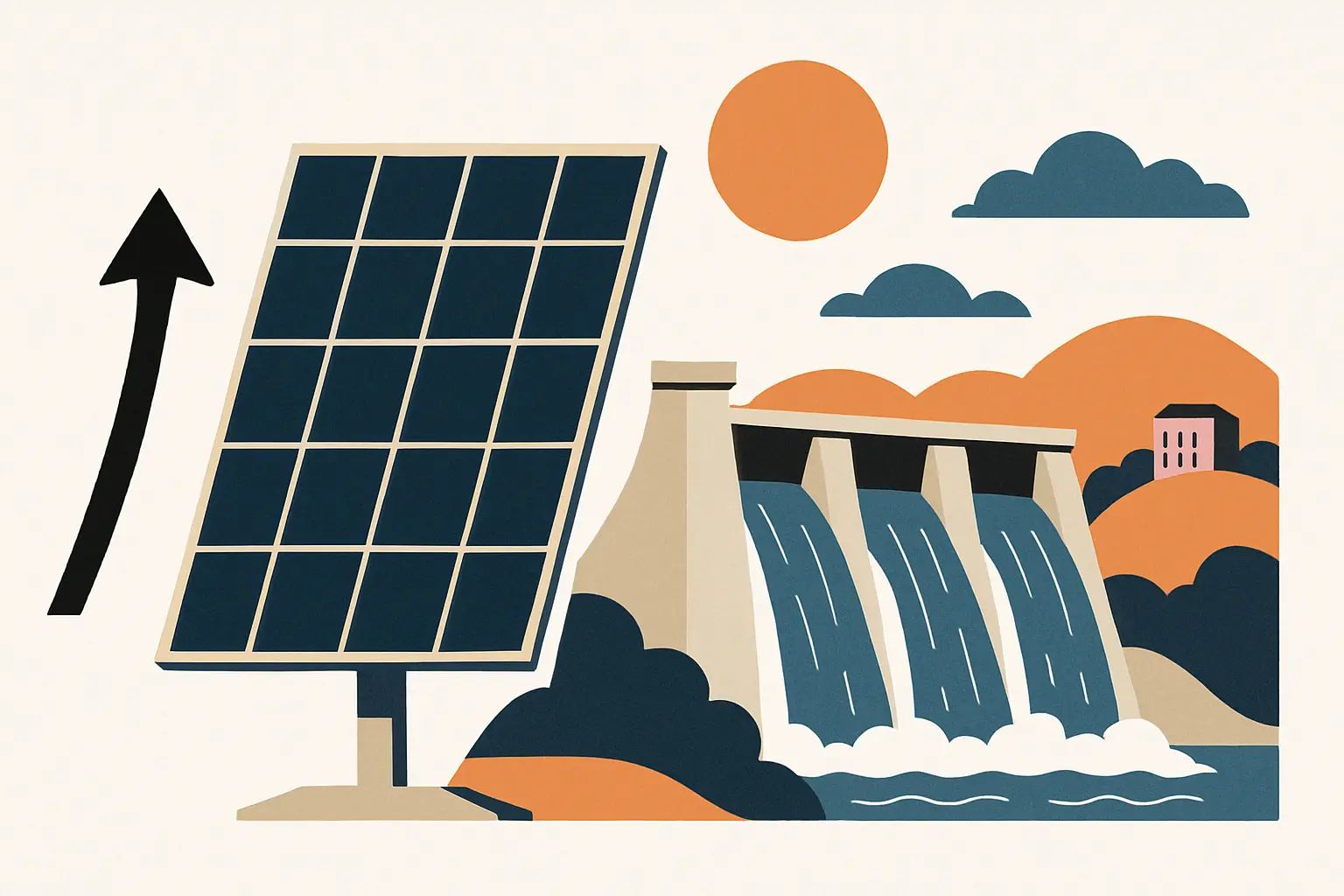





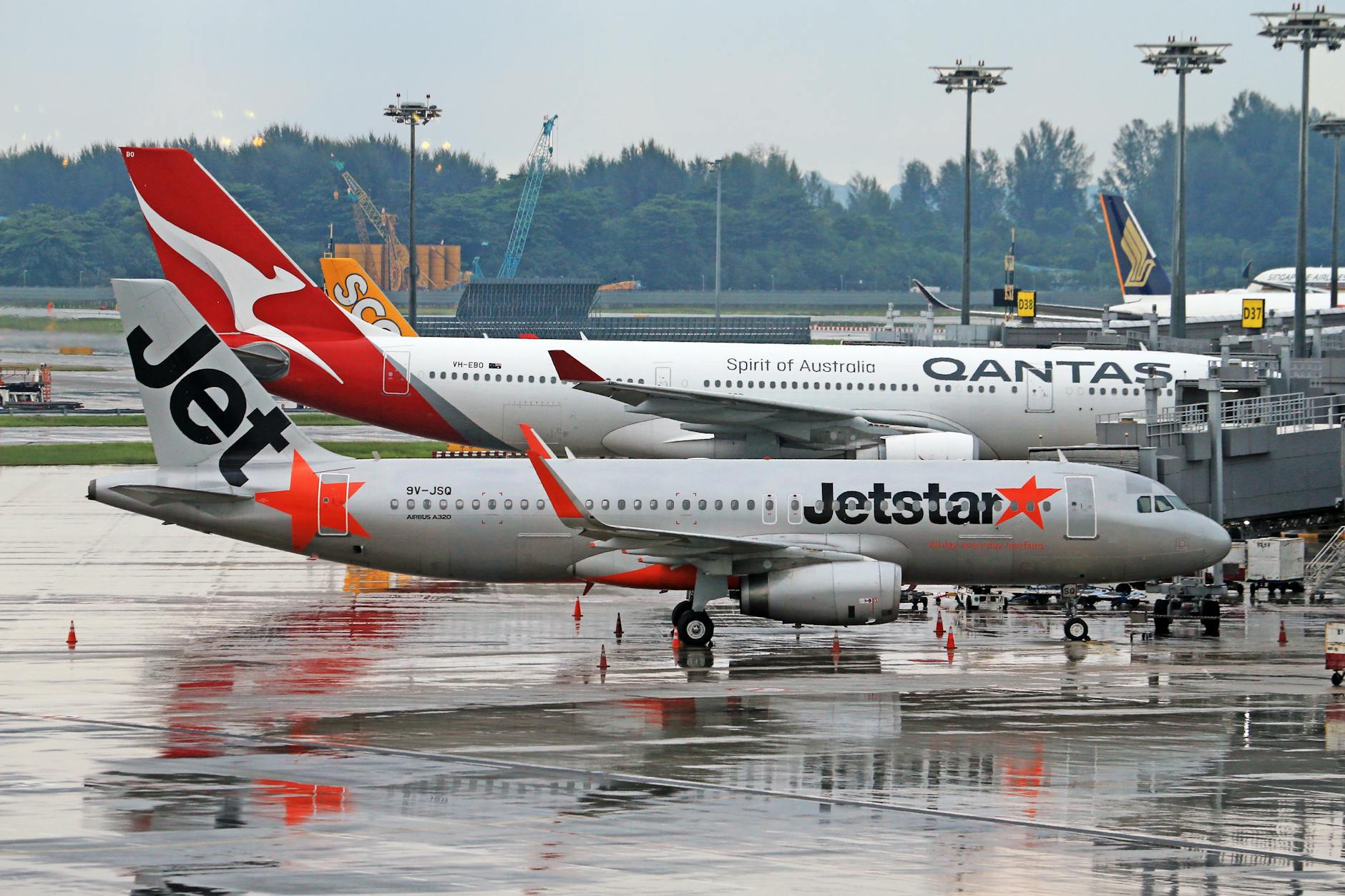



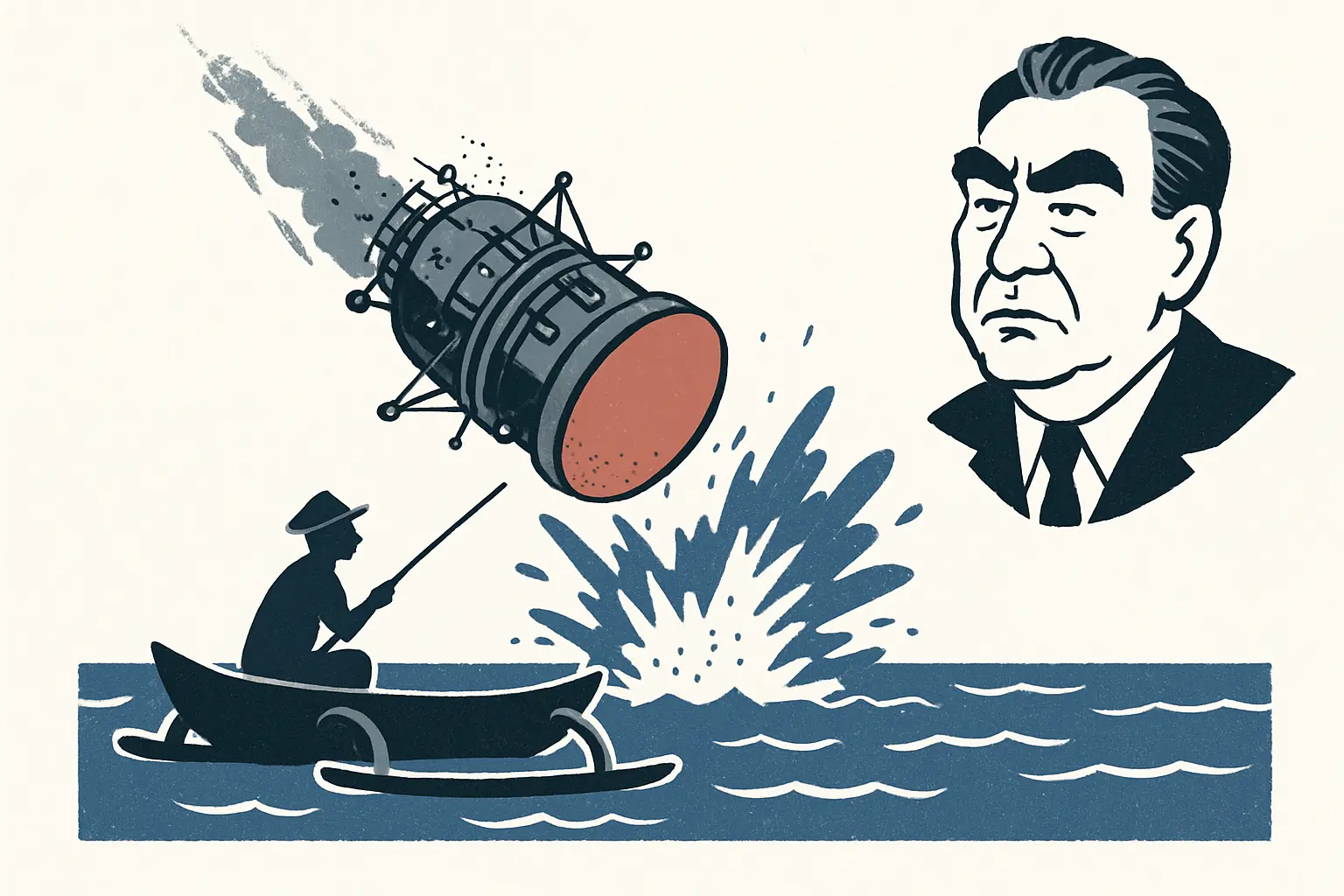

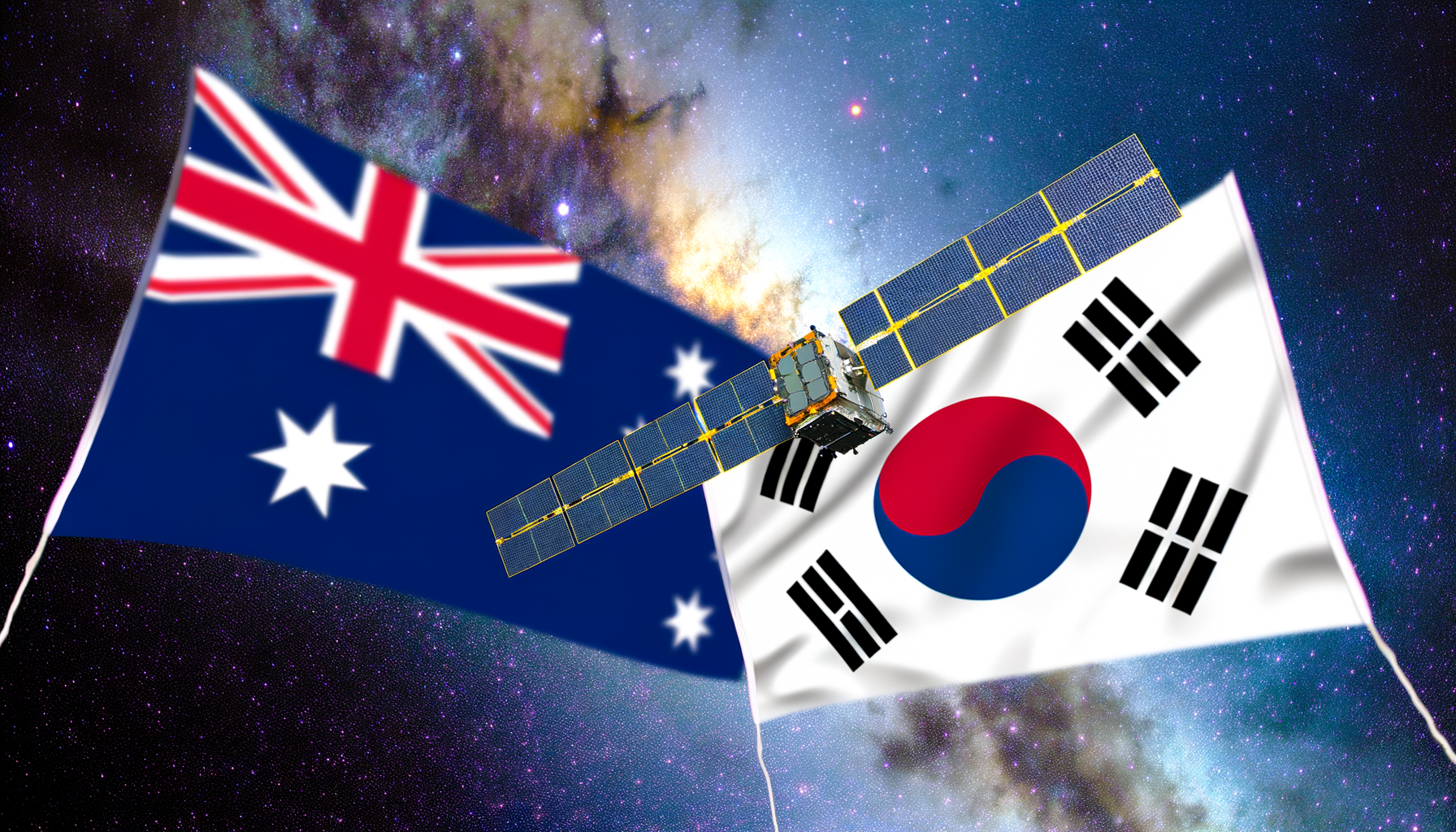


Comments are closed.